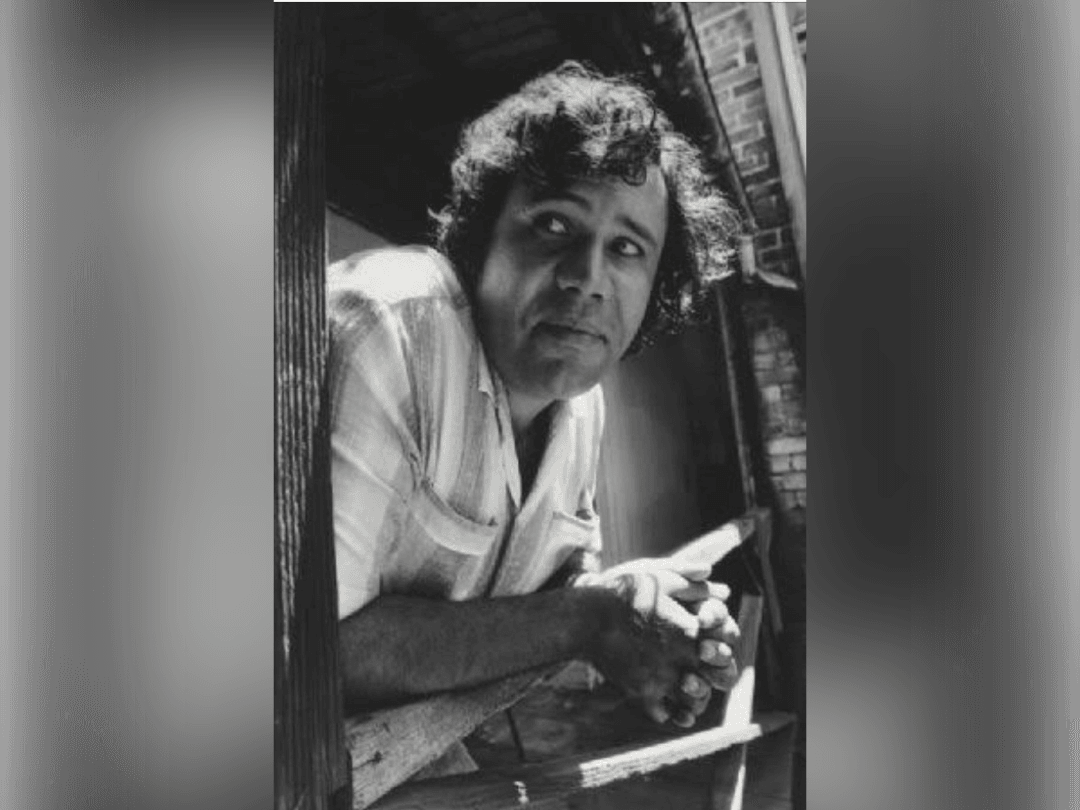Revered land rights hero, Paul Coe, remembered as a "legendary fighter for our people”

This story contains the name of a person who has died.
Respected Wiradjuri Elder and legal trailblazer, Mr Paul Coe, is being remembered for his lifelong commitment to Aboriginal rights.
Mr Coe, one of the first Indigenous barristers in New South Wales, passed away on Tuesday aged 76.
The NSW Aboriginal Land Council described Mr Coe as an "Aboriginal land rights warrior and legendary fighter for our people".
Mr Coe is well known in his home state and across the country.
He was a key figure throughout the 1967 Referendum and was fundamental in establishing both the Aboriginal Legal Service in 1970 and the Aboriginal Tent Embassy in 1972.
He was part of the first interim NSW Aboriginal Land Council and was elected Treasurer after NSWALC was formally constituted as a statutory corporation under the NSW Aboriginal Land Rights Act.
In 2017, Mr Coe was recognised as one of the inaugural winners of the NSWALC "40 Years Strong" Chairperson's Award.
In his acceptance speech, he honoured the many Aboriginal People who fought for Aboriginal rights, including his sister Isabel Coe, her husband Billie Craigie, Linda Craigie, Gary Foley and many others, for whom NSWALC "would not be what it is today", the Council said.
Mr Coe's parents, Les and Agnes, were staunch fighters for Aboriginal rights and warriors in the land rights movement.
Born on 4 February 1949 at Erambie Mission (also known as 32 acres) in Cowra, Mr Coe was the first Aboriginal scholar at Cowra High School to not only pass the Higher School Certificate, but also be elected a prefect.
He was also the first Aboriginal person to study law at UNSW. It was here that his passion for activism and the fight for Aboriginal human rights grew. He was heavily involved in developing the Australian Black Power Movement in Redfern, inspired by the Black Panther Party in the United States.
Mr Coe also became involved in key Redfern community development projects such as the Redfern All Blacks football team.
Throughout the 1970s, he was heavily involved in Aboriginal activist movements, including helping to organise the George Street march against the Vestey Company (now known as the Wave Hill Walk-Off) and travelling to England to plant the Aboriginal Flag on Dover Beach to challenge the terra nullius doctrine, an action that now has a permanent plaque on Dover Beach to mark the occasion.
In 1979, Mr Coe, along with other key leaders, represented the NSW Organisation for Aboriginal Unity by camping outside Parliament House with an Aboriginal Bill of Rights, calling for its establishment by the federal government.
In this same year, he commenced an action in the High Court of Australia - Coe vs Commonwealth - arguing for the recognition of Aboriginal People as the prior inhabitants of Australia before European colonisation.
While this case was dismissed, it laid the foundation for the successful 1992 Mabo judgement that recognised and overturned the terra nullius status.
NSWALC Chairperson and Councillor for the Sydney/Newcastle Region, Raymond Kelly, said that Paul Coe was a legend of the land rights movement.
"Paul was an incredible fighter and will be remembered for generations to come. He has changed the lives of Aboriginal people across the nation, helping to establish the Aboriginal Tent Embassy, the Aboriginal Legal Service and pointing out uncomfortable truths about police brutality and institutional racism," Cr Raymond Kelly said.
"On behalf of the Land Rights Network and NSWALC, I send my deepest condolences to Paul's family at this very sad time.
"We will continue to uphold his legacy for years to come."
The NSWALC's statement and the use of Mr Coe's image was approved by the Coe family.
For full article, please visit National Indigenous Times website here
